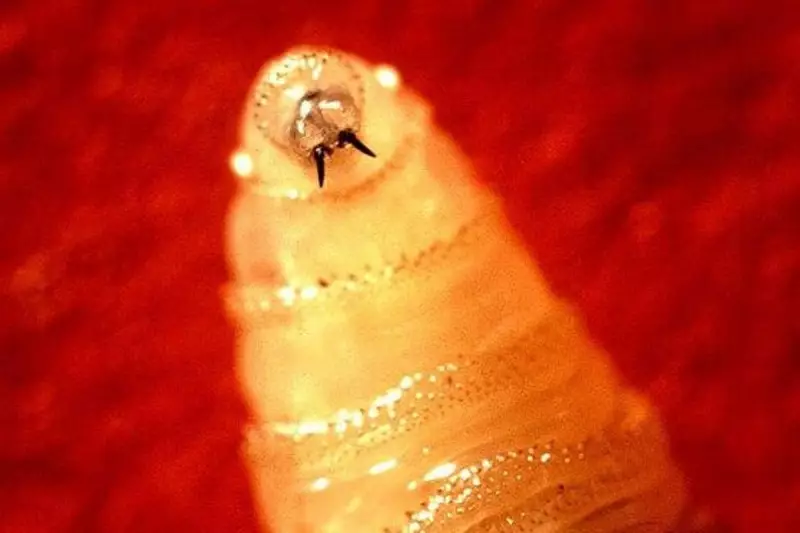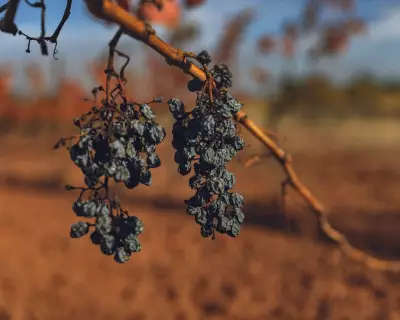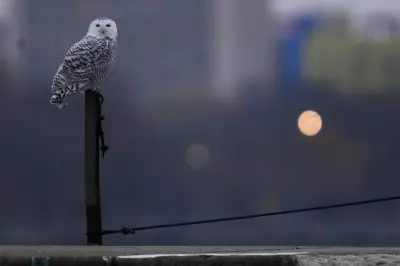
US biosecurity officials are on high alert after confirming the first case of the devastating New World screwworm parasite on the American mainland in over 50 years. The nightmarish discovery was made in a stray dog from Homestead, Florida, sending shockwaves through agricultural and public health communities.
A Parasite Re-emerges
The United States Department of Agriculture (USDA) confirmed the presence of Cochliomyia hominivorax – a parasitic fly whose larvae consume the living tissue of warm-blooded animals. This marks the first instance of this eradicated pest appearing on the continental US since the 1970s.
How the Discovery Unfolded
The alarm was raised when the infected dog was taken to a local animal shelter exhibiting severe wounds. Veterinarians identified the characteristic screw-shaped larvae burrowing into its flesh. Samples were immediately sent to the National Veterinary Services Laboratories in Iowa, which confirmed the worst fears.
"This is a significant and potentially dangerous development," stated a USDA spokesperson. "We have activated emergency protocols to contain and eliminate this threat before it can establish itself."
Why This Parasite Is So Feared
Unlike common maggots that consume dead tissue, the New World screwworm larvae burrow into healthy living flesh, creating painful, enlarging wounds that can prove fatal if untreated. The parasite poses a catastrophic threat to:
- Livestock industries: Cattle, sheep, and other farm animals are highly vulnerable, with potential for massive economic losses.
- Wildlife populations: Deer and other native species could be decimated.
- Human health: While rare, humans can become infected, particularly through open wounds.
Emergency Response Underway
Authorities have launched an aggressive containment strategy in southern Florida, including:
- Establishing a quarantine zone around the discovery site.
- Releasing sterile male flies to disrupt breeding cycles – the same technique that originally eradicated the parasite.
- Conducting enhanced surveillance of animal populations.
- Issuing alerts to veterinarians, farmers, and public health officials nationwide.
A Global Biosecurity Warning
This incident serves as a stark reminder of how quickly eradicated threats can re-emerge in our interconnected world. Climate change and increased global travel and trade are creating new pathways for dangerous pests and diseases to cross borders.
While the immediate risk to the UK remains low, the situation underscores the critical importance of robust border biosecurity and rapid response capabilities to protect both animal and human health from emerging biological threats.





